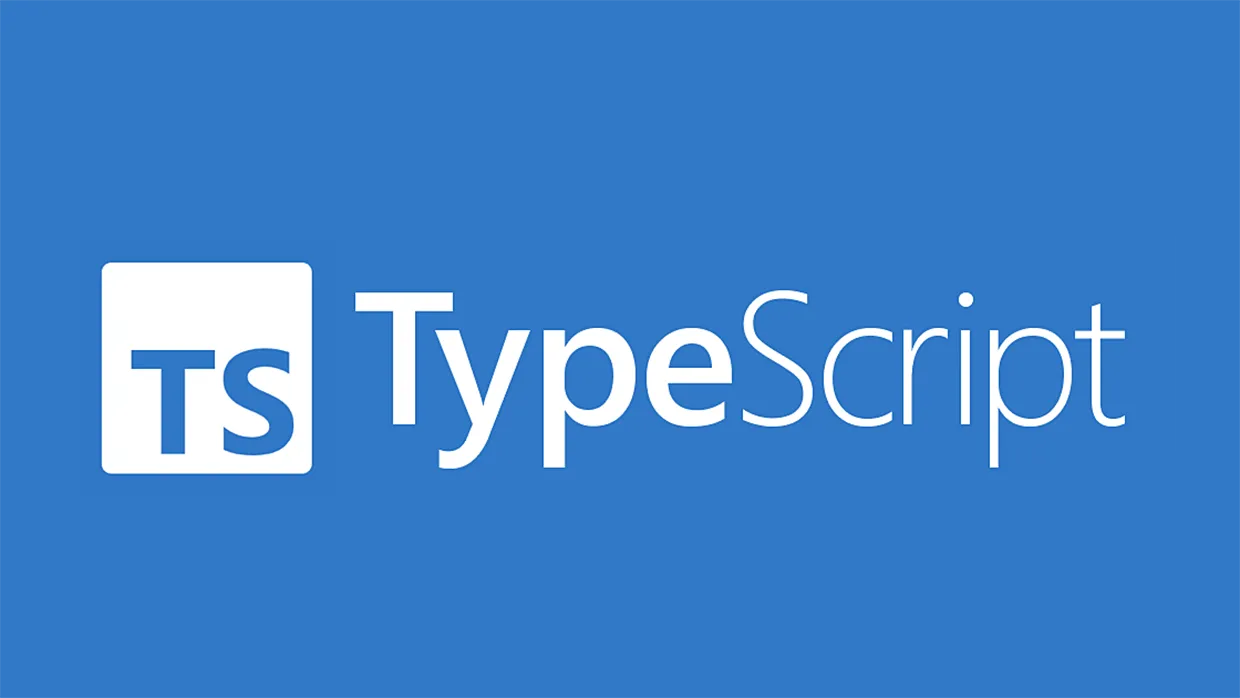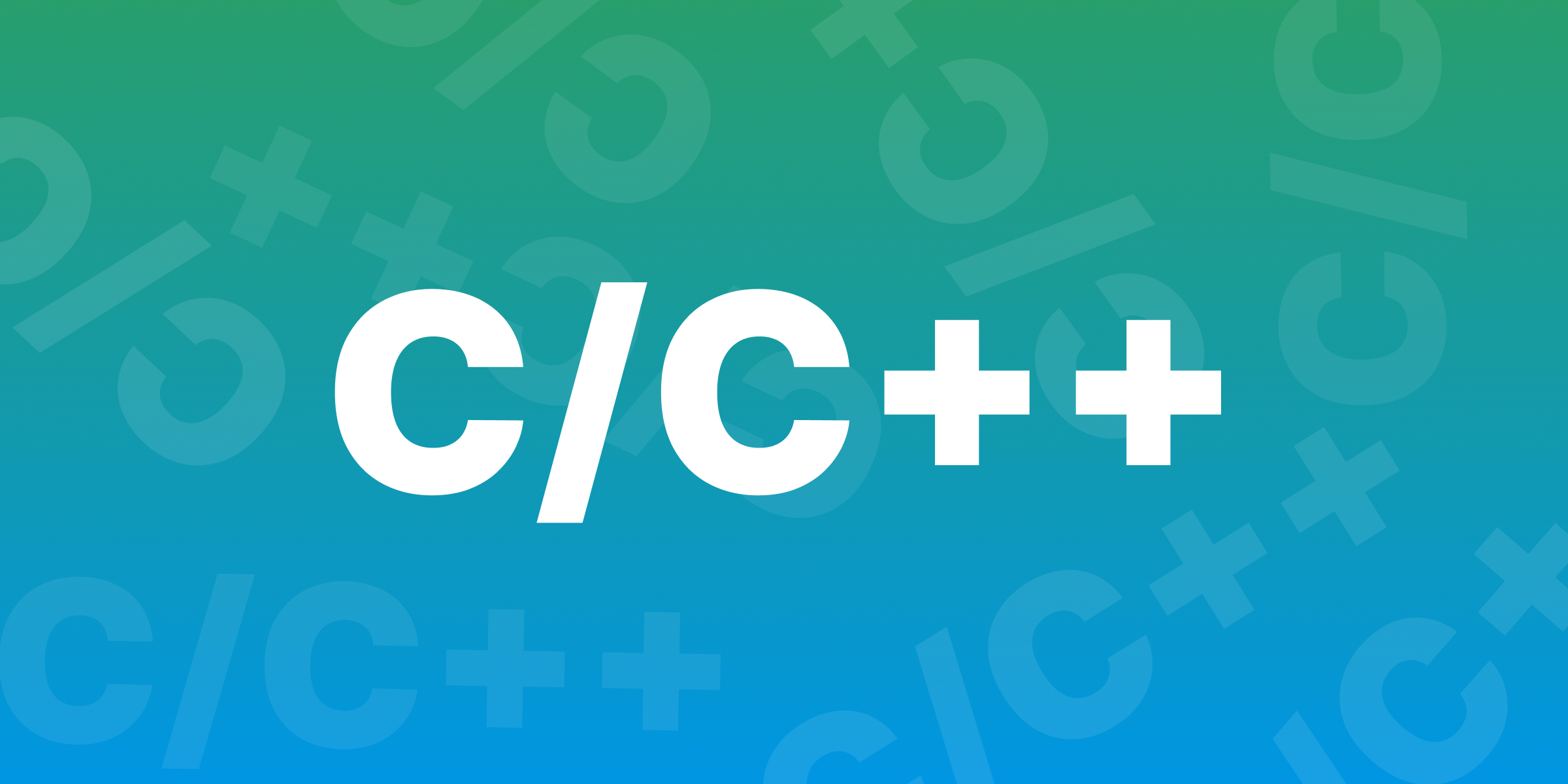Challenges to Java language popularity have been growing in recent years. Once considered the go-to programming language, Java now faces tough competition from newer languages like Python, JavaScript, and Go. These languages offer more modern features, which makes some developers question whether Java can keep up.
Despite the challenges, Java language popularity remains strong due to its reliability and vast ecosystem. Many businesses still rely on Java for large-scale applications, especially in enterprise environments. However, the rise of newer, more flexible languages has made the programming landscape more competitive for Java.
Why Are There Challenges to Java Language Popularity?
Java has been around for a long time, and many developers love using it. But there are new languages, like Python and JavaScript, that are gaining popularity. The challenges to Java language popularity come from these newer languages offering simpler and faster ways to write code. Python, for example, is known for being easy to learn, which is why many new programmers prefer it over Java.
Another reason for these challenges is that newer languages have better support for modern web development. JavaScript, for instance, is widely used in creating websites, and its popularity has grown with the rise of frameworks like React and Node.js. Developers looking to build interactive web applications often choose JavaScript instead of Java.
Despite the challenges, Java is still strong in many industries. Big companies use Java for building large applications, but the competition from other languages continues to grow.
How New Programming Languages Are Challenging Java’s Dominance
Languages like Python, Go, and JavaScript are challenging Java’s dominance in the programming world. Python, for example, is often used in data science, machine learning, and artificial intelligence. These are areas where Java is not as popular, so developers are moving to Python because it offers tools that Java doesn’t have.
Go, another modern language, is becoming popular for its simplicity and speed. Developers use Go to build fast applications, which are sometimes faster than Java applications. As a result, developers might choose Go over Java for certain projects.
The challenges Java language popularity faces are mainly because these newer languages are more specialized. While Java can do many things, other languages do some tasks better. Developers often choose the language that fits their needs, and this puts Java at a disadvantage in some cases.
The Role of Enterprise in Keeping Java Popular Despite Challenges
Java is still popular in large businesses, also called enterprises. These companies use Java to build big, complicated applications that need to be secure and stable. Java is trusted because it has been around for many years and is known to be reliable.
Large businesses like banks and hospitals often use Java to power their systems. They prefer Java because it can handle large amounts of data and transactions. Even though other languages are growing in popularity, Java remains a strong choice for these kinds of projects.
The challenges Java language popularity faces do not affect all industries in the same way. While newer languages may be better for building websites or small apps, Java remains strong in enterprise environments.
Is Java Still a Good Choice for New Developers?

With so many programming languages out there, new developers might wonder if Java is still worth learning. The challenges to Java language popularity are real, but it is still a good choice for learning because it teaches core programming skills. Java helps developers learn how to solve problems using code, which is important no matter what language they use.
However, Java is not always the easiest language to learn. Python is simpler and easier for beginners to understand. That’s why many people start with Python before learning Java. Still, knowing Java can be very useful because it is widely used in the job market.
For new developers, the decision of whether to learn Java depends on their career goals. If they want to work in big companies, learning Java might be a good idea. But if they are more interested in web development or data science, they might choose Python or JavaScript instead.
Conclusion
Java’s popularity has faced many challenges in recent years due to the rise of new programming languages. These challenges have come from languages like Python and Go, which offer easier and faster ways to build applications. Still, Java is strong in big businesses and will continue to be important for years to come.
Although challenges to Java language popularity exist, Java is still useful. Developers who work in enterprise environments or build large-scale applications will continue to use Java. It remains a solid choice for developers who value stability and reliability.
FAQs
Q: Why is Java facing competition from newer languages?
A: Java faces competition because newer languages like Python and Go are easier to learn and use for modern projects.
Q: Is Java still popular for large businesses?
A: Yes, large companies like banks and hospitals still use Java because it is reliable and secure for big projects.
Q: Should new developers learn Java or Python first?
A: Python is easier for beginners, but learning Java is useful if you want to work in large companies.
Q: Can Java handle modern web development?
A: Java can handle web development, but languages like JavaScript are more popular for building interactive websites.
Q: Is Java going to lose its popularity completely?
A: No, Java is still strong in many areas, especially in enterprise environments, but it faces challenges in other sectors.










